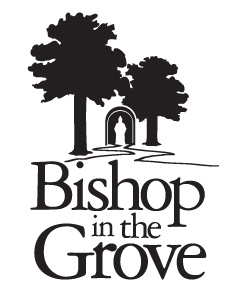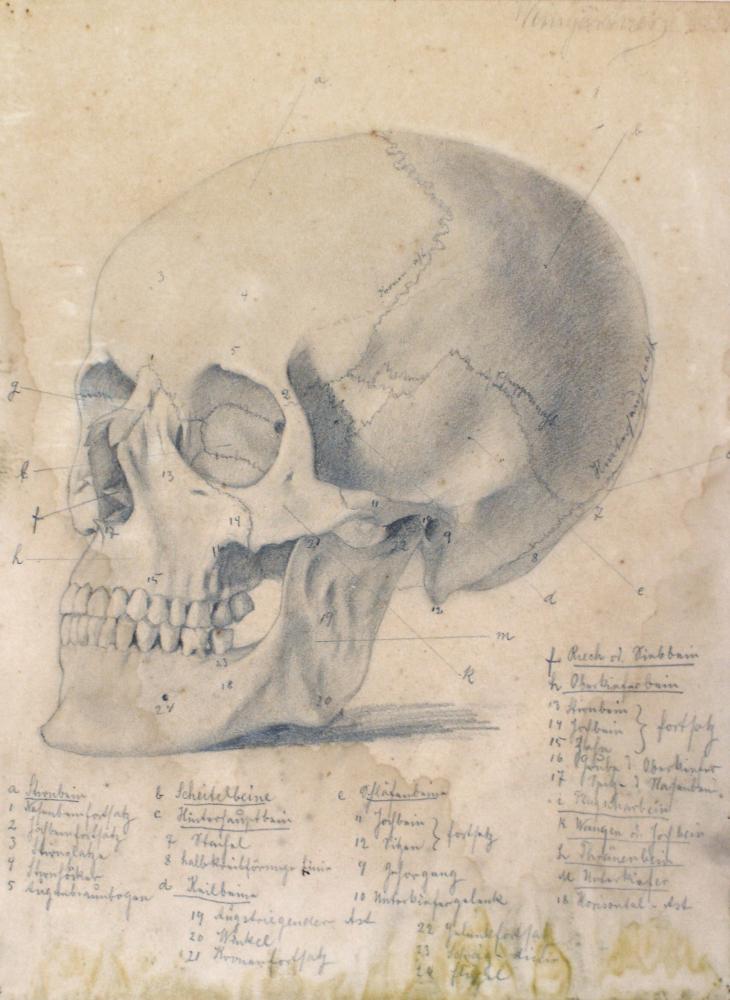Tag: Ancestors
-

Do Not Speak, and You Will Be Heard
Today I approached my altar in silence. Speaking the words out loud, my standard approach to a daily ritual, felt unnecessary. In my mind, in my heart, the words rang out with perfect clarity, and I trusted that whomever needed to hear them would. The effort I put into my daily practice waxes and wanes, […]
-

Chew on THIS, Pagans.
We set fire to the kitchen last night. Metaphorically, I mean. The conversation started while I was preparing dinner, and it continued on throughout the meal and into the clean-up. I woke up thinking about it, and I feel compelled to share some of it with you, my readers; my community of dig-deepers. I’m not […]
-

What To Do On Samhain When You’re Dead
Earlier this week the air took a turn toward December, becoming wet and visible, and the moisture that fell in cold, slow-motion stuck quickly to the cars, the streets, and the sidewalks. On the morning after the storm a massacre of tree branches covered the earth around my house, proving both the strength of water […]
-
Ghosti!
At the moment of surrender, when all seemed lost, I experienced a new kind of connection to the Gods. It’s what the Druids call, “Ghosti”.
-
On Meditation and Devotion: Week 4
The second in a series of posts that serve to summarize my daily experiences during meditation and devotional rituals.
-
Advice From The Otherworld
An unannounced visit from a relative can be jarring. Especially when they’re dead.
-
WWDD: What Would Druids Do?
I wonder what the Druids of old would think about my documenting these esoteric studies and experiences on a blog. Or better yet, what would they think of a blog?

